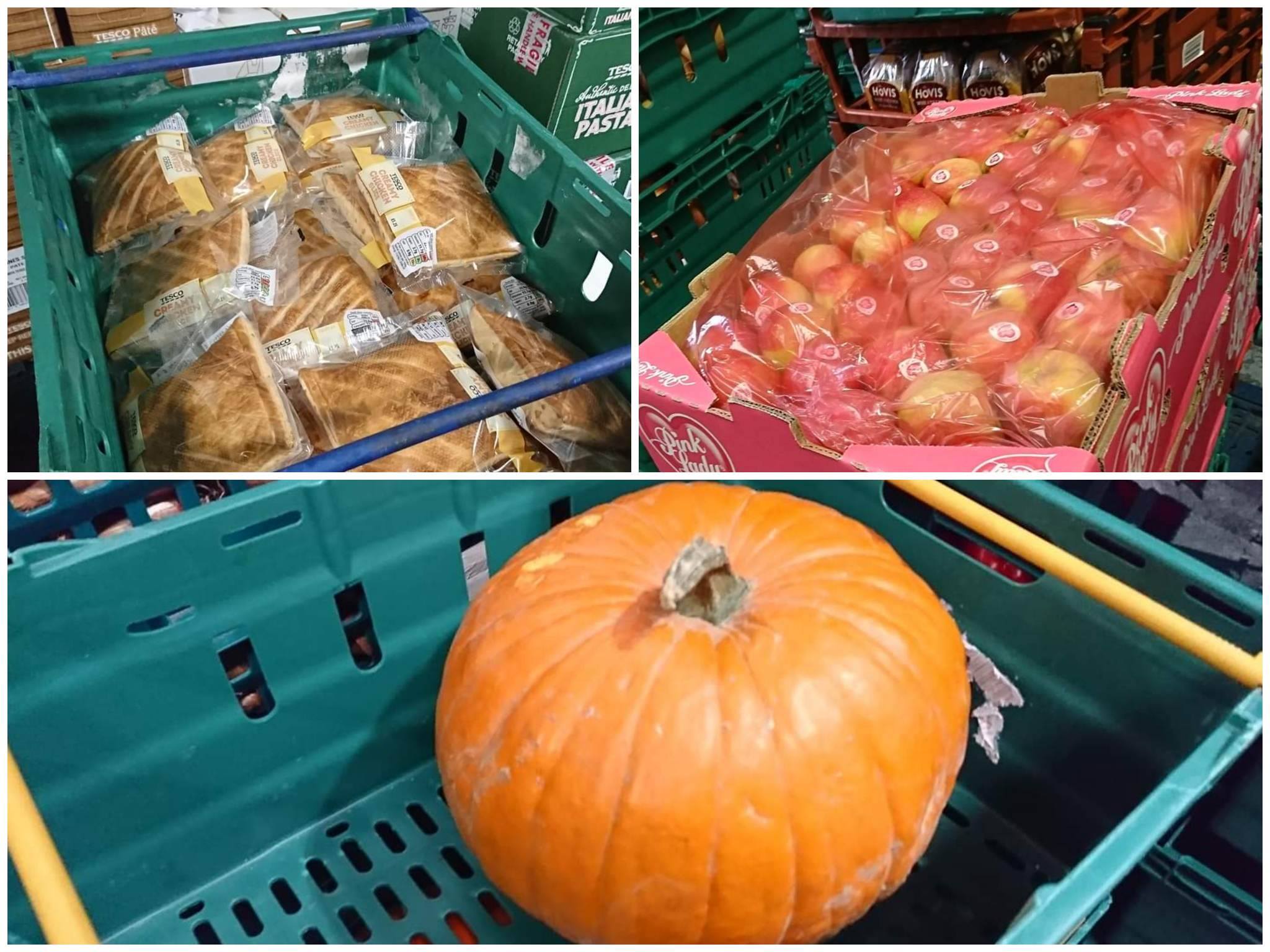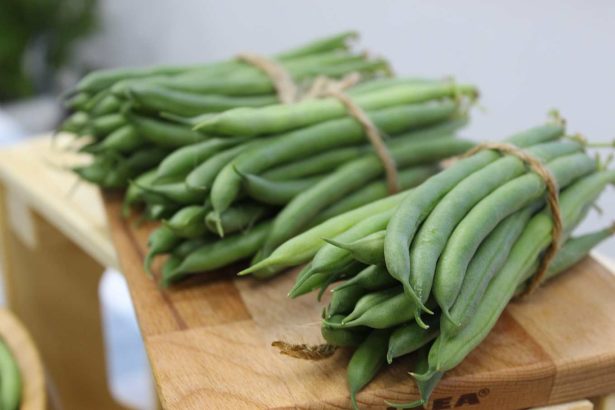[Super systematic] discussion on the Environmental cost of the Wonder of Food Recycling in the UK
Share


The refrigerator in the lounge contains some food that will not be donated.
Volunteers, workers? Does leftover food have market value?
Sometimes, when I move around, I think the work of volunteers is no different from that of warehouses and car attendants, but the difference is that the workers are paid, but the volunteers do not. All of a sudden, I thought, why don't organizations pay to hire workers directly?
In this way, those who hold the goods pay the time and get the income, and the organization also has stable manpower.
But is it because these "leftovers" have been eliminated from the market and have no "economic value", and no one wants to buy them (or only pay a small amount of money), so there is not enough money to hire workers?
In fact, Fareshare is not without income.
Fareshare will charge the beneficiary organizations a "nominal fee" as its operating fee, but it is only a drop in the bucket compared with the market value of the food itself, which is not to say that it is the purchase of these leftovers. As a non-profit-making charity, Fareshare also has funds and sponsors to support its operation and can employ salaried staff. as for the operation of the warehouse, they say that they can "save costs" by recruiting volunteers.
In any case, I stubbornly believe that food is cherished not because of its economic value, but because of the environmental toll behind it.
Producing some "no one to eat" food is tantamount to wasting water, electricity, fertilizers, seeds and other resources used in farming and production. Since no one will eat it, why do we have to use resources to produce these foods in the first place?
I have previously read reports that the amount of water wasted in producing these uneaten foods is as large as the annual flow of the Volga River, the largest river in Europe. (3)
Although the economic cost of some resources is low and producers can afford it, I believe that food that can be wrapped in food, regardless of its value, should be cherished and should not be "oversold".
When the resources are exhausted, tens of millions of gold can not grow rice.
Unfortunately, if we want to promote waste reduction, we have to talk about money, right? We'll talk.
***
(1) according to the data provided by Fareshare in 2017, the British food industry produces about 1.9 million tons of food waste each year, of which at least 270000 tons are still edible, and about 1.4 tons of food is recovered by Fareshare (Fareshare recovered nearly 1.7 tons of food in 2018), which can save 5% of the leftover food.
(2) Dairy products: cheese, milk, all kinds of cheese; fruits and vegetables: potatoes, onions, tomatoes, radishes, apples, oranges, pineapples, oranges, strawberries, etc.; meat: people here are used to buying prepackaged meats, pork chops, pork chops, ham, steak, hamburger, chicken spleen, chicken steak, mutton, salmon, etc.; drinks: soft drinks, juice, milkshakes, coffee, etc. Spaghetti: bread, spaghetti; snacks: potato chips, biscuits, cakes, candy; microwave food. . There are even seasonings.
(3) Eat Me How ugly food can help feed the planet, National Geographic, March 2016
Wen: W) I went to England from Hong Kong in the past year to see how food was wasted and how food was saved there. )
The original publication is here, this article is slightly revised
- Prev

Eat a bowl of rice that is not simple.
Eat a bowl of rice that is not simple.
- Next

Dwarf bean ambition is high, follow edamame bean to become a new star, cultivation must remember "cold card is good"
Dwarf bean ambition is high, follow edamame bean to become a new star, cultivation must remember "cold card is good"
Related
- A course of planting techniques and methods on how to grow carrots
- How to plant the latest tulips?
- Is it better to pick tea in the morning or in the afternoon? When is the best time for tea to be picked? what is the third or fifth tea?
- Launch Yuanxiao Happy combination Haocha + Tea Yuan healthy Taste
- Penghu Tourism "Fireworks 20 Parade with You"
- 2022 West Lake Happiness holds "Digital Revitalization Voucher" and draws iphone13 and laptop.
- Banqiao Fuzhou social houses are designed to change start-up combined with police elimination to create a safe and livable environment
- The convenient measure of "mechanical weeding" in Xinbei has been abused and the Agriculture Bureau has imposed heavy penalties on the illegal land consolidation.
- Changgeng University Joins Hands with Four Memory Factories to Rescue Memory Talent Shortage
- The list of Taiwan's top 100 MVP managers is listed by the Director-General of the Farmers' Association of Sanxia District.

